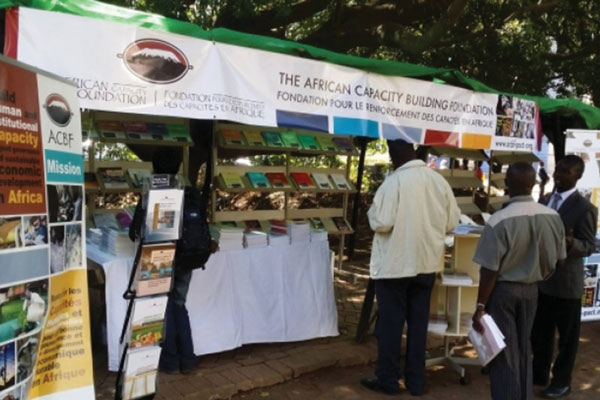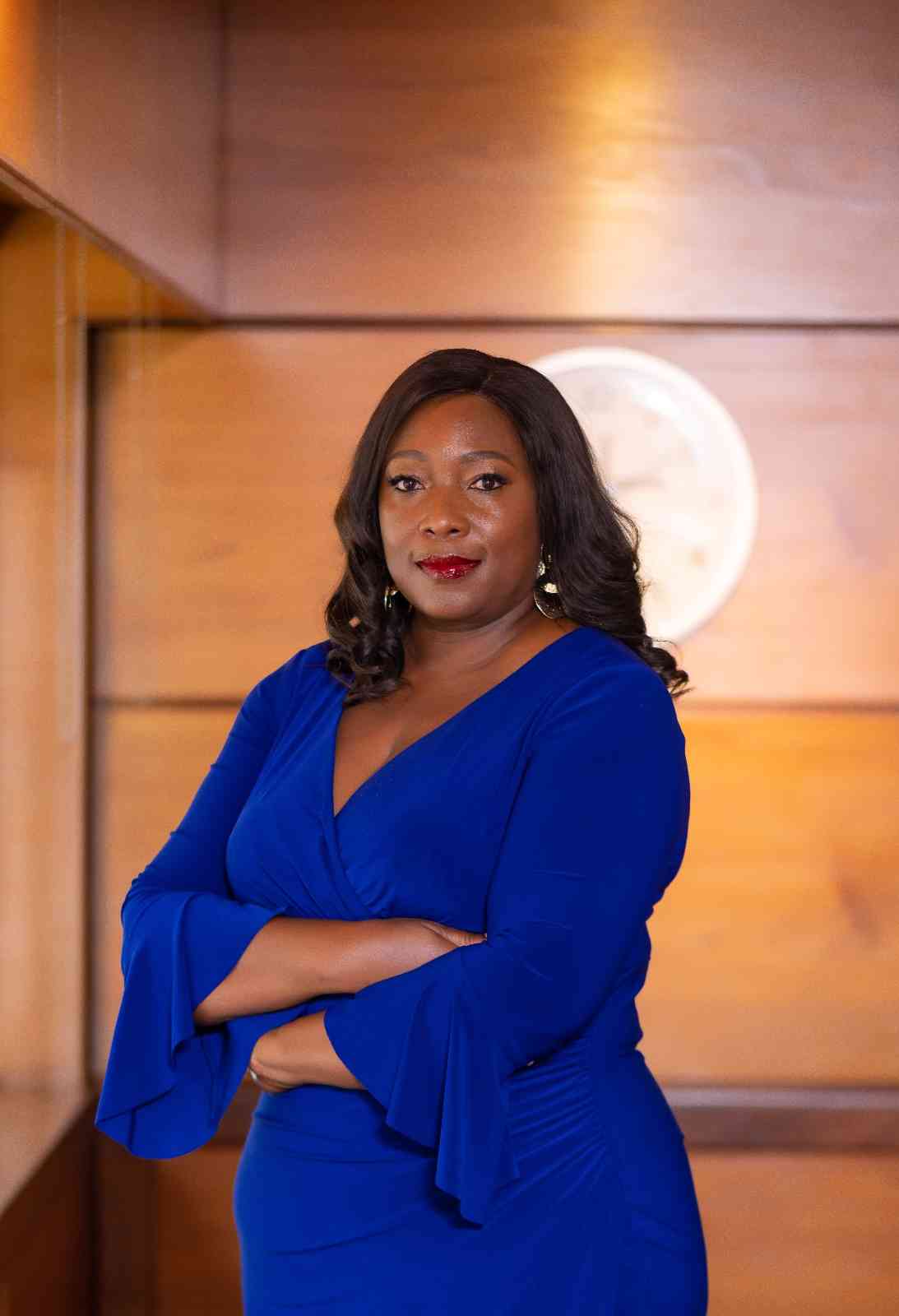
Between the Lines: BENIAH MUNENGWA
IMAGINE a football match where you only find footballers and no fans, media or any other stakeholders. The stakeholders will be insisting that their presence does not matter. The footballers would just play because of passion, even with no spectators around.
This is the best way to describe the just-ended Zimbabwe International Book Fair (ZIBF).
The book extravaganza — once the pride of Africa — is now just a place where writers meet and reminisce over the past or discuss what could have been.
The ZIBF started in 1983 as a vision sustained by only the key stakeholders — publishers, authors and readers — attracting thousands of readers and book buyers from different parts of the world.
But given what has transpired over the last few years, David Martin – a founding director of the Zimbabwe Publishing House and visionary of the fair – must be turning in his grave.
Names like Toby Moyana, Doreen Sibanda and Charles Mungoshi feature in the story of the success of the early years of ZIBF.
Blessed with a writing class emerging from a period popularly known as the 1990s boom, the book fair was blessed with products that left the world in awe, impressively capturing the quagmire of a nation emerging from the war; a war lost and a war that had left a number of people wretched.
- Chamisa under fire over US$120K donation
- Mavhunga puts DeMbare into Chibuku quarterfinals
- Pension funds bet on Cabora Bassa oilfields
- Councils defy govt fire tender directive
Keep Reading
A lot had to be captured and a lot also could be captured. With the same level of intensity, local writers stood to dominate in regional and international circles, scooping awards wherever they went.
But all this is no more. Stronghold publishing houses like the Zimbabwe Publishing House, the one from which the basis of the ZIBF was established, Weaver Press and Mambo Press have been conspicuous by their absence. But how can you tell the story of publishing in Zimbabwe without them?
The event has also lost its glitter. Although the economic downturn of the last decade has been a low-hanging fruit behind which every failure has been attributed, there could be more.
One thing for certain is that the book fair remains a necessity and with a few hopeful, innovative and creative administrators, it can reclaim its former glory.
It is unacceptable that the fair has been reduced to an enclave where writers go and confide in themselves, soothing and healing their wounds.
A fair is best described as a community of gathering to celebrate and exhibit local achievements — and this is not where the ZIBF is at the moment.
The Zimbabwe Book Fair Association board is now mainly staffed with writers — and that could be one of the major faultlines.
The fact that the book fair is about books and authors, among other things, does not mean it should be run by just the authors. You need innovative and creative managers that think out of the box and can find new ways of innovating the fair so that it remains relevant.
International and regional participants often grace the indaba. But soon after it is gone, they disappear. It then becomes increasingly blurry to establish whether or not they only come in the best interest of forwarding their academic profiles.
To best explain the scenario of the dwindling ZIBF is the drastic difference existing between the way the Zimbabwean writer of old considers and defines money, morals and ideals. To the old Zimbabwean guard, the fold of behaviour prohibits them to fall for the money trap.
Other methods are yet to be found for the betterment of the fair. One such is social media marketing and presence.
In spite of my compound interests in issues of literature, I only learnt of the commencement of the indaba after a day had already passed. Given that the ZIBF had a vibrant online presence, I am sure a couple of other people would have been present, no doubt.
The future is, however, still open and a solution needs to be found to put the broken pieces together.
Beniah Munengwa writes in his personal capacity. He can be contacted through email on benmunengwa@gmail.com.











